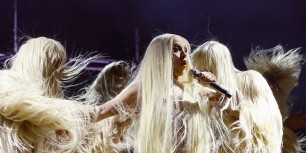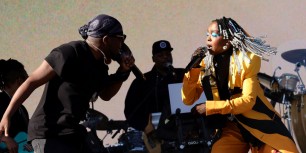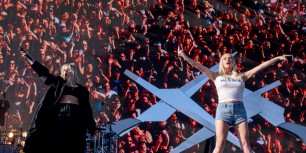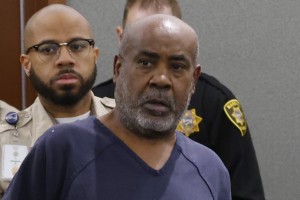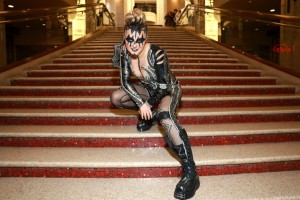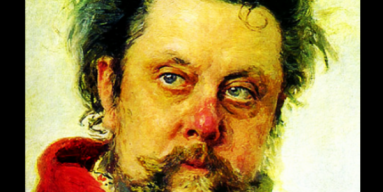"Opera," said the Canadian tenor Jon Vickers once in an interview, "is not entertainment." For entertainment, he explained, he would far rather watch My Fair Lady. Opera had to go deeper. It was deeper, or it was nothing. Even for those of us too young to have seen him on stage, that he lived this belief is evident from every moment of every recording (and happily there are plenty) that he ever made. Such is the indelible impression that he made on a gallery of roles, covering French, German, Italian and English repertoire, that it is hard to believe he has died--especially since a long illness kept him from public life from some years, giving his admirers time, as it were, to get used to feeling his presence through the recorded legacy.
There are times in impressionable young lives when artists assume a significance for one's own emergent beliefs. For some, it may have been the independence-claiming wilfulness of the Beatles, for others the ironic imagination of Andy Warhol. On my own school maths folder, I had a picture of Jon Vickers as Verdi's Don Carlo. For me, it was the hulking Canadian tenor that represented what art could be. Every bit as much as John, Paul, Ringo and George, Jon Vickers harnessed an energy that seemed elemental.
Watch his "Now the Great Bear" monologue in the Covent Garden film of Peter Grimes. Both feet planted firmly on the stage, body shaking with emotion and power that even Grimes does not understand, he seems to draw force from the Earth itself, and turn it into sound.
The singer's ambition was no less than this. "All art," he once said in a radio interview, "is an elaboration of life. It represents the ideal to which humanity can strive." That is why opera, why Vickers himself, had to push and struggle. Because in his eyes, the very definition of humanity was at stake. That utterance, when I first heard it, sent me scurrying for a notepad. I kept that note pinned to my wall for years.
Born in 1926, in Prince Albert, Saskatchewan, it must always have been clear that he would do well. Voices that can comfortably encompass the beefy operatic roles are few and far between, and many quickly burn out. This was not to be the case with Vickers. As with so many Canadian singers -- a fact Vickers himself would later lament -- he got his big break abroad, with an invitation to sing Riccardo in Verdi's Un ballo in Maschera at London's Royal Opera House in 1957. Don Carlo followed in 1958, the famous Luchino Visconti production, conducted by Carlo Maria Giulini, that almost single-handedly brought that opera to the forefront of the repertoire.
Both of these productions have since been issued in unofficial recordings (Ballo from a slightly later revival under Edward Downes from 1962) by Opus Arte and are fascinating in showing what the young tenor made of these lyrical roles. Vickers's voice evolved greatly over the decades. Here, it is a honeyed, open sound, far from the much more idiosyncratic, bronzed tone of his later days. But even this early, he clearly throws himself dramatically into both interpretations. When it came to his studio recording of Carlo, Giulini opted for the more traditionally heroic Placido Domingo. But it is Vickers who charts the character's disintegration. This is a Carlo on the verge of a nervous breakdown.
CLICK HERE TO CONTINUE READING


